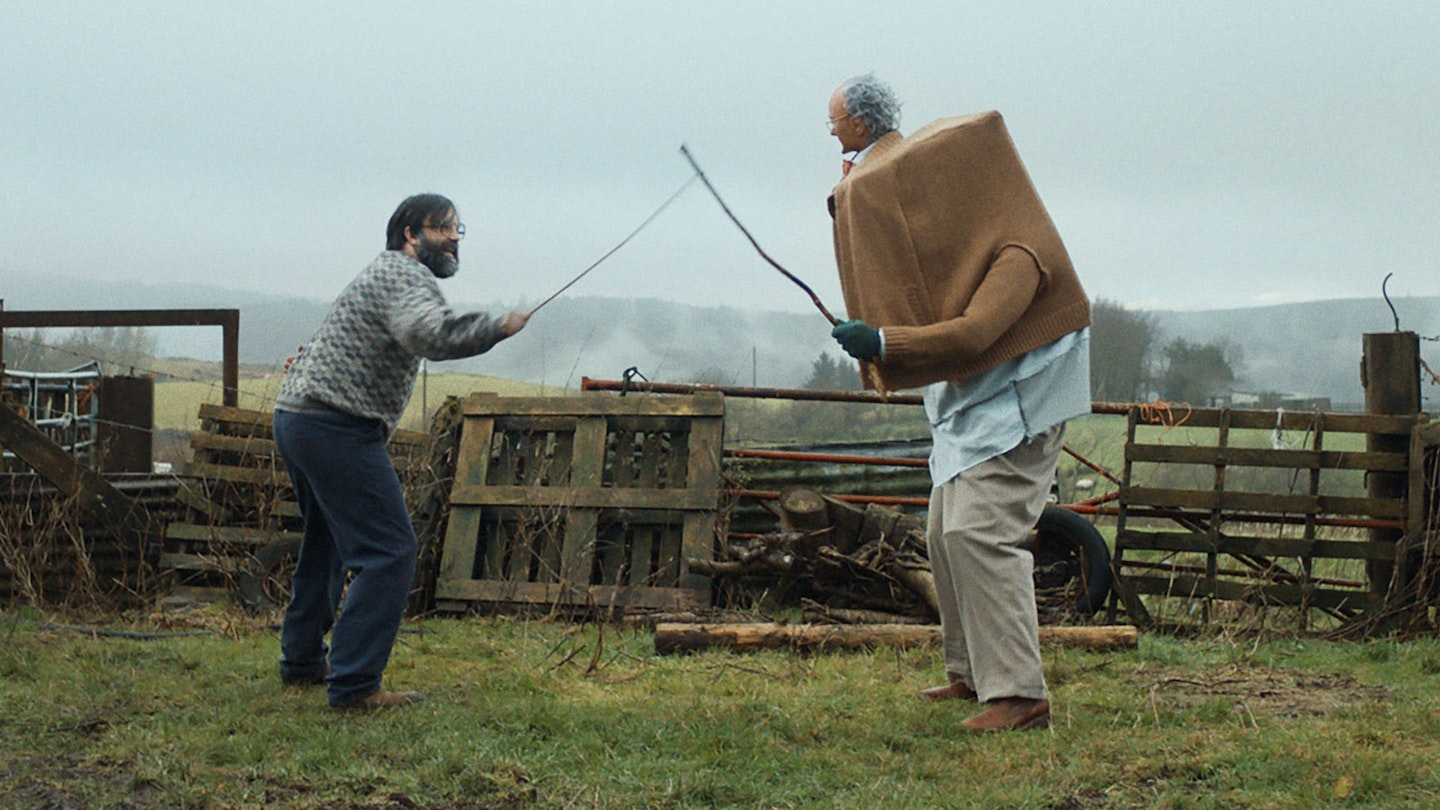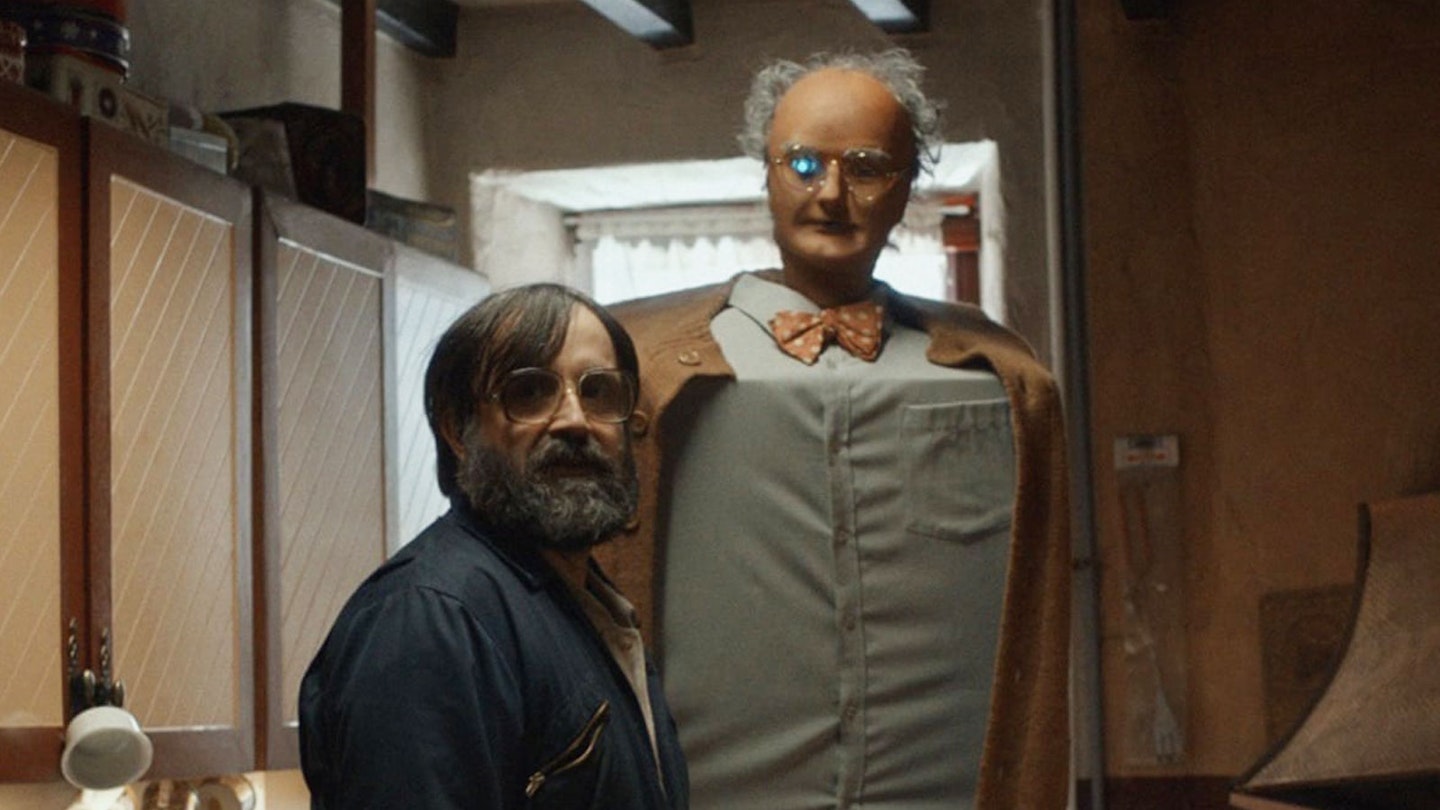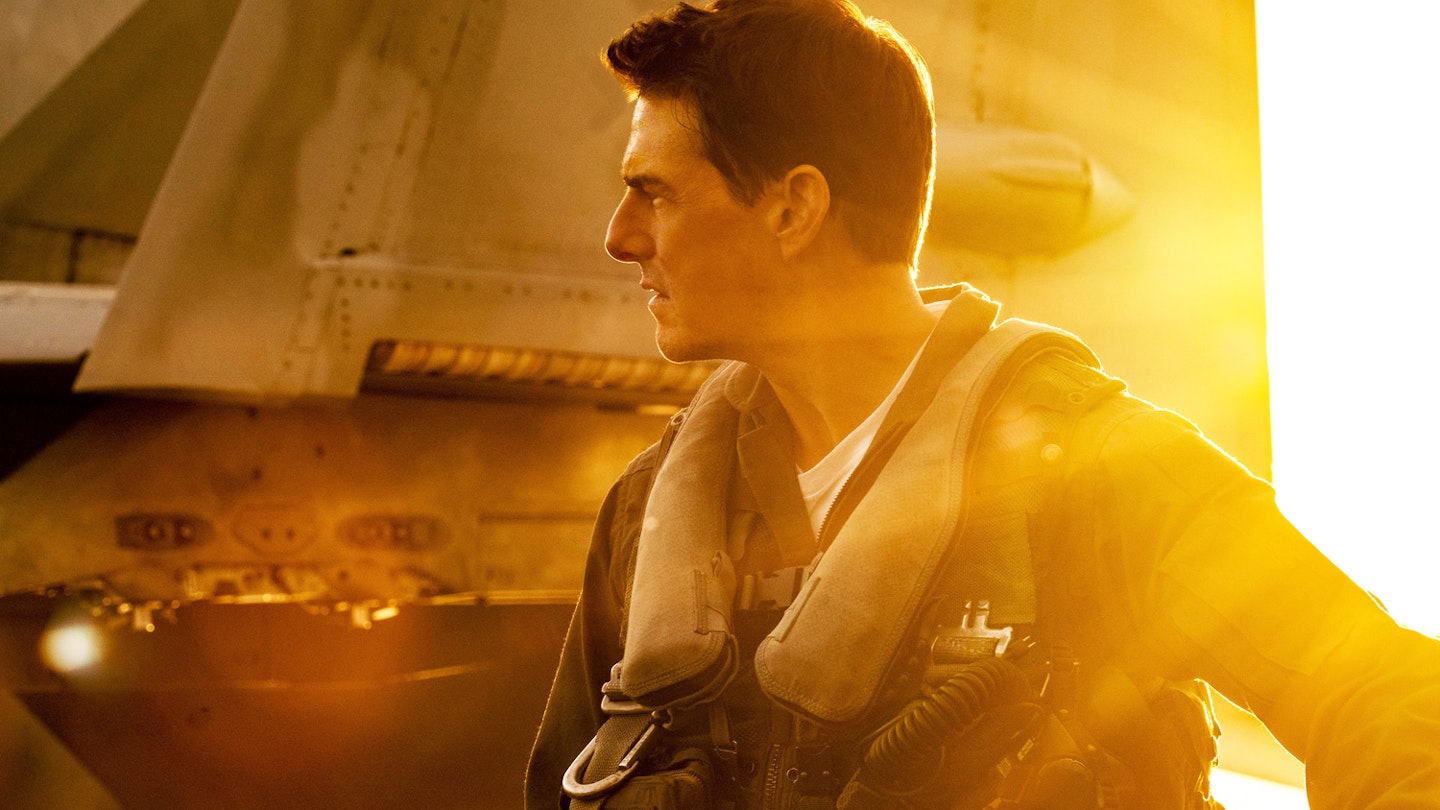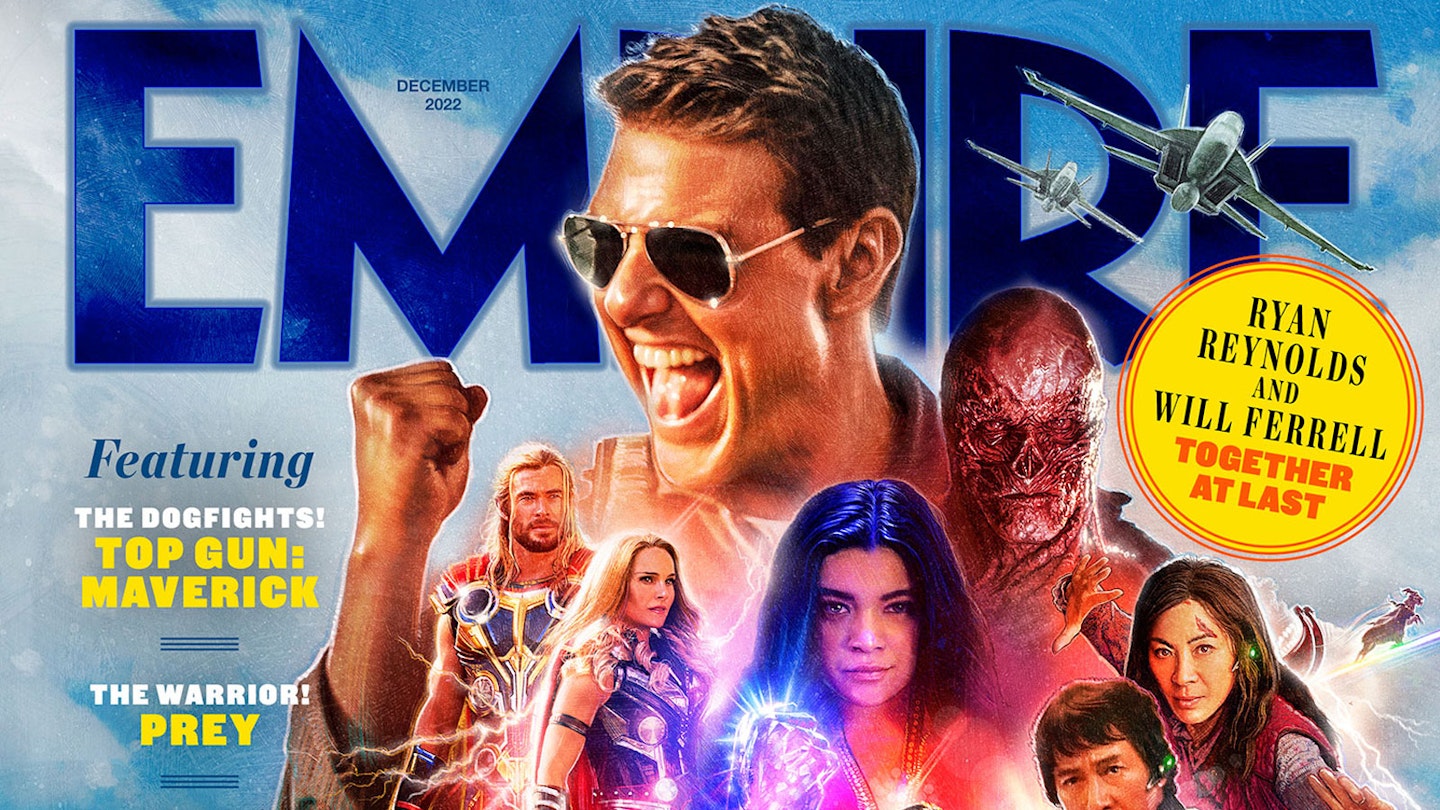Robot companion films are not a new idea — only last year, Tom Hanks built himself a new friend in Finch — but this may be the first one where the robot wears a bow tie and a knitted, second-hand cardigan. An immediately likeable comic fable, Brian And Charles is a kind of mockumentary AI-buddy movie blending sci-fi surrealism with British understatement, which plays like This Is Spinal Tap crossed with Big Hero 6.

Adapted from the 2017 short film of the same name — itself adapted from a brilliantly bizarre stand-up act — the film finally gives the long-running, heavy-bespectacled comic character Brian Gittins (David Earl) his big-screen moment in the sun, after multiple bit-parts in Ricky Gervais projects like After Life and Cemetery Junction. In fact, you can detect the odd early-era Gervaisian flourish to this film, with Earl giving the camera an occasional David Brent-esque side-eye glance. But it’s a sweeter affair than Earl’s work in, say, Derek, and first-time director Jim Archer confidently channels a Hal Ashby sensibility: a dry, comedic tone and a handsome, low-key filmmaking style, all laced with its own particular rural eccentricity.
There are flashes of cinematic genre ambition within its presumably low budget, but it maintains a charmingly homespun feel.
The character of Brian Gittins has taken many forms over the years, but in this guise he’s a kind of nutty professor, forever inventing useless tat — a pine-cone bag, an egg belt. Then he decides to make a new friend: Charles Petrescu (Chris Hayward), a robot who could perhaps fill the unspoken void of loneliness in his life. There are flashes of cinematic genre ambition within its presumably low budget — Charles arrives during a lightning storm, à la Frankenstein’s Monster, and Archer makes the most of the dramatic Welsh landscapes — but it always maintains a charmingly homespun feel.
Nothing is more homespun than Charles, who speaks entirely in a deadpan, synthesised voice, like the Speaking Clock’s mad cousin. He has a toddler-like curiosity, constantly flummoxing Brian with existential questions like, “Can birds do what they like?” He announces his regular disco parties with the phrase, “Clever boy dance time!” He plays darts and boils cabbages. His face is expressionless and his voice is emotionless, but through the strangeness of his appearance and the purely physical performance of Hayward, he is, unbelievably, one of recent cinema’s most endearing comic characters.
Together, Brian and Charles keep things consistently funny, frequently veering down less obvious avenues. But the quirkiness of the premise is always tempered with surprising insight, and while not everything feels as well-rounded as those two leads — Brian’s ostensible love interest, Hazel, played by Sherlock’s Louise Brealey, is not afforded as much depth — it never loses sight of the simple central themes of loneliness and friendship. Brian essentially makes Charles to be his best mate, and by the end, you’ll want to be his best mate, too.


